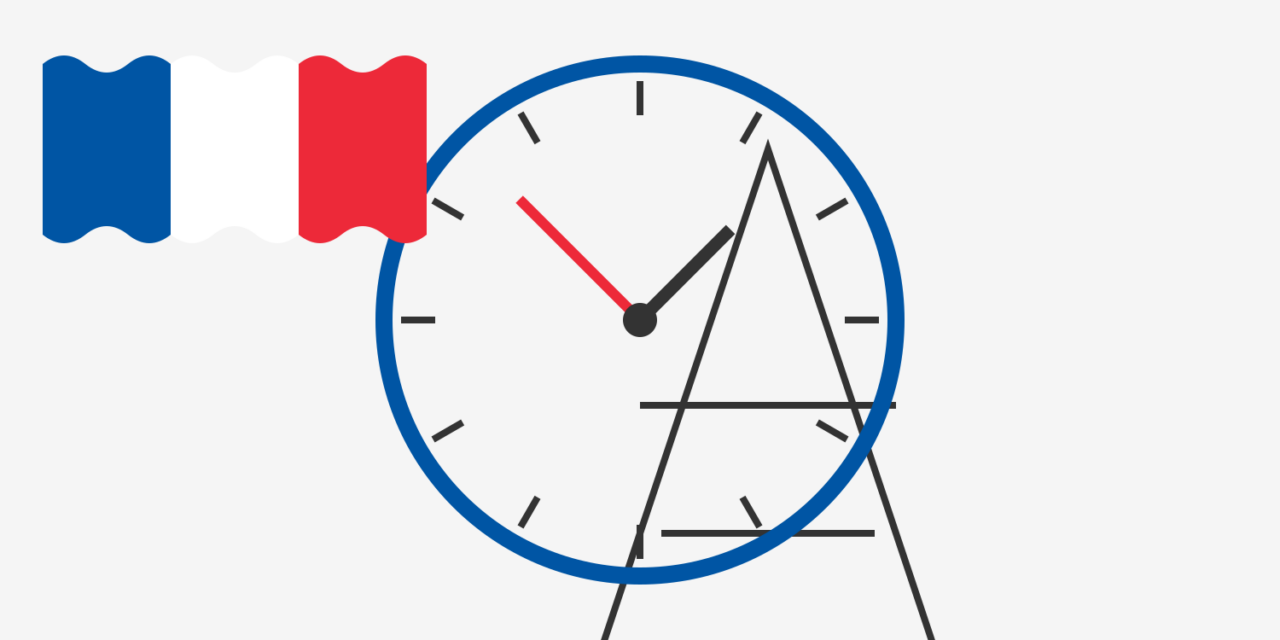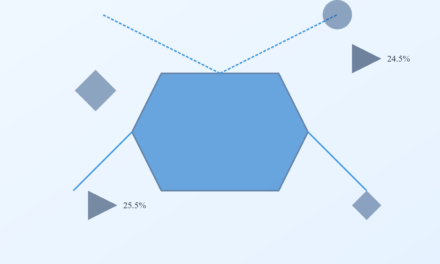Is it too late for French legal operators to benefit from Online Casino regulation?
For years, France has maintained a strict stance on online casinos, banning them while allowing other forms of regulated gambling, such as sports betting, poker, and lotteries. Now, as discussions around legalization gain momentum, a critical question arises: Will it truly solve the problem, or is it already too late for legal operators to reap the benefits?
A Market Already Carved Up
The figures speak for themselves: 4 million players are already engaged in illegal online casino gambling in France, while the regulated gambling market, including sports betting, poker, and lotteries, boasts 4.3 million players. The Autorité Nationale des Jeux (ANJ) claims a 78% channelization rate in its covered sectors, meaning that over three-quarters of gambling activity occurs through legal means.
But when it comes to online casinos, a long-standing prohibition has driven players toward offshore, unregulated operators. After years of operating in a legal void, these players have built habits, relationships, and trust with illicit platforms. Even if France were to legalize online casinos, would the market truly shift?
The Case for Legalization—But at What Cost?
Proponents of regulation argue that a legal framework would bring visibility, consumer protection, and financial benefits.
- Increased Visibility Through Marketing and Advertising
Legal operators would be able to openly advertise and run affiliate campaigns, increasing their reach. However, this hinges on whether regulators will allow aggressive marketing strategies—a point of contention in other gambling markets. If France follows strict advertising restrictions similar to those in the sports betting sector, legal platforms may struggle to compete with offshore operators, which already dominate search engine results and digital ad placements. - Cross-Selling from Existing Regulated Operators
The ANJ-regulated operators already have a captive audience. Sports betting and lottery customers could be naturally exposed to casino offerings, creating cross-promotional opportunities. However, this assumes that players will automatically shift their spending habits. If the overall average player expenditure does not increase, legal online casinos could end up cannibalizing other regulated gambling segments rather than growing the market. - Stronger Consumer Protections, But at a Price
Legal platforms would guarantee secure deposits, verified identities (KYC), and transparent payout rates (RTP). While this is crucial for player safety, it also introduces friction: stringent KYC procedures, slower withdrawals, and bureaucratic compliance measures may push players to remain with offshore platforms, where verification processes are often minimal.
A Regulatory Gamble?
France has waited a long time to reconsider its stance on online casinos. However, the longer prohibition persists, the deeper offshore operators entrench themselves. Players have already adapted to illegal markets, and without an aggressive and flexible regulatory approach, a legal market may struggle to dislodge them.
If France imposes excessive restrictions, such as strict deposit limits, high taxation, or burdensome compliance requirements, it risks creating a « gray market » scenario where legal operators cannot compete effectively with their illegal counterparts.
For legal operators to benefit, regulation alone will not be enough—France must ensure that legal platforms are truly competitive. Otherwise, the window of opportunity may have already closed.





